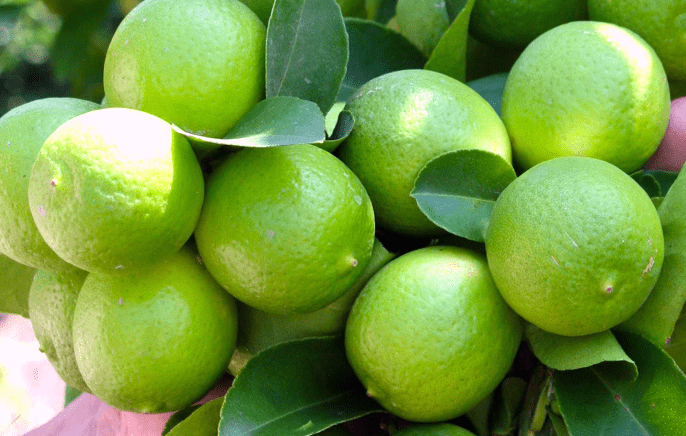The Ministry of Agriculture (Sader) has promoted new market openings for Mexico‘s agri-food exports.
Among these openings are those for balanced feed, Persian lemons, blueberries and tuna offal.
What is significant: the reduction or elimination of trade barriers boosts exports.
Mexico’s agri-food exports
In 2023, Mexican external sales of the agrifood sector rose 48.9% year-on-year to $51.897 billion dollars.
Some of Mexico’s most exported agri-food products are beer, avocados, tomatoes, peppers, sugar, oranges, lemons, strawberries, honey and beef.
This is the trend of Mexico’s agri-food exports, in millions of dollars, according to Sader data:
- 2018: 34,849
- 2019: 37,569
- 2020: 39,125
- 2021: 44,698
- 2022: 49,927
- 2023: 51,897
Market openings
From September to December 2023, Sader carried out six market openings. First, chrysanthemum leaves and stems were exported to the United States. Then, Persian and Italian lemons were shipped to Cuba, marigold seeds were exported to Brazil, and Mexican lemons and Persian lemons were shipped to Chile.
In February 2024, inspectors from New Zealand‘s Ministry of Primary Industries visited the country. Their purpose was to evaluate the phytosanitary requirements for opening the blueberry market in that country.
As part of the international efforts, 26 new combinations were enabled in the systems for issuing the Animal Health Certificate for Export. Among these, several products stand out. For example, bovine sausage casings and gelatin were sent to Paraguay. Pork pellets were also exported to El Salvador. Fresh and/or frozen meat and processed pork products were sent to Nicaragua. In addition, honey was exported to Qatar. Fertilizers with animal content and pork by-products were shipped to Canada. Finally, pork viscera and offal for animal consumption were exported to Costa Rica.
Trade facilitation
Important negotiations were concluded to open up markets. First, tuna offal for animal consumption was exported to Costa Rica. Then, the export of balanced feed and regulated and deregulated additives for aquatic species to the Republic of Panama was agreed upon. Deregulated feed additives for aquatic species consumption in Ecuador were also provided. In addition, vitamin and mineral premixes and regulated additives were sent to Peru. Finally, vitamin and mineral premixes and regulated additives were exported to Brazil.

